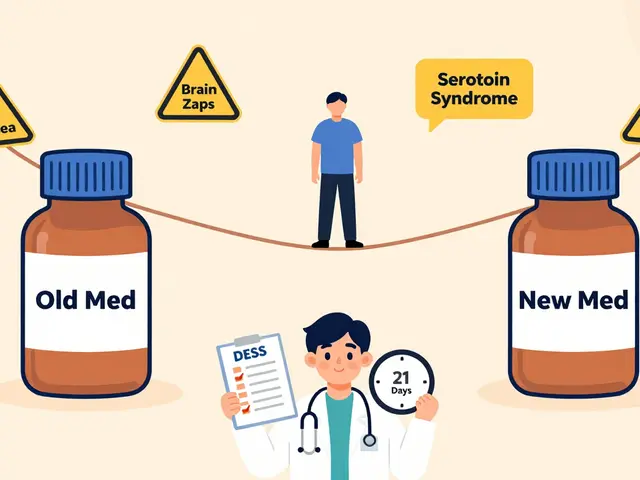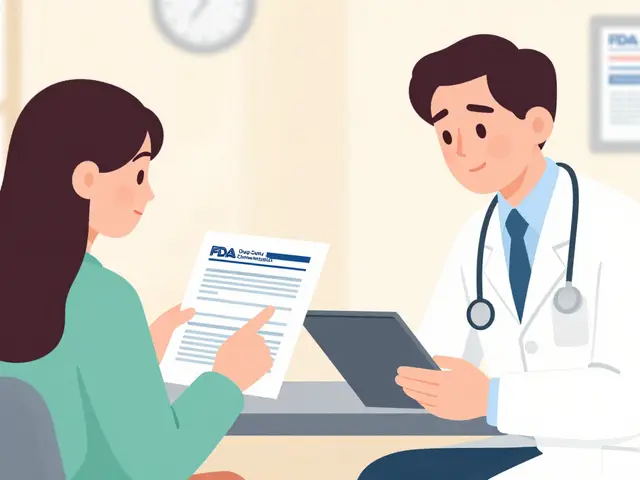Gastroparesis Treatment: What Really Works
If your stomach empties too slowly, everyday meals can feel like a nightmare. The good news is there are real solutions that can ease nausea, bloating, and early‑fullness. Below you’ll find the most common medicines, dietary tweaks, and simple habits that make a difference without turning your life upside down.
Medication Options You Can Ask Your Doctor About
First‑line drugs include metoclopramide and erythromycin. Metoclopramide helps the stomach muscles contract, moving food faster. It can cause drowsiness, so take it at bedtime if your doctor suggests it. Erythromycin works like a cheat code for the gut, but the effect may fade after a few weeks, so doctors often rotate it with other meds.
For people who can’t tolerate those, newer agents such as domperidone or the serotonin‑type 4 (5‑HT4) agonists are worth a look. They tend to have fewer brain side‑effects because they don’t cross the blood‑brain barrier as much. Always discuss potential heart‑track risks with your doctor, especially if you have a history of cardiac issues.
Diet and Lifestyle Strategies That Actually Help
Eating small, frequent meals is a cornerstone of gastroparesis care. Aim for six mini‑meals a day, each no larger than a fist. Choose low‑fiber, low‑fat foods because fat and fiber slow digestion. Gentle options include plain oatmeal, white rice, lean chicken, and well‑cooked carrots.
Liquids and soft foods move through the stomach faster. A smoothie made with banana, Greek yogurt, and a splash of almond milk can provide calories without the bulk. If you tolerate it, try a low‑fat liquid nutritional supplement once or twice a day.
Stay upright after eating. Sitting or walking for at least 30 minutes helps gravity do its part. Avoid lying down or heavy exercise right after meals, as that can push food back into the stomach.
Hydration matters, but sip water throughout the day rather than gulping large amounts with meals. Too much fluid while you eat can dilute stomach acids and slow emptying.
Stress can worsen gastroparesis symptoms. Simple relaxation tricks—deep breathing, short walks, or a quick meditation—can lower the nervous system’s grip on your gut. Consistency is key: a few minutes daily add up.
Finally, keep a symptom diary. Write down what you ate, the time, any meds you took, and how you felt afterward. Patterns emerge quickly, and you can share the info with your doctor to fine‑tune treatment.
Managing gastroparesis isn’t a one‑size‑fits‑all deal, but combining the right medicine with smart eating habits and gentle lifestyle changes often brings relief. Talk to your healthcare provider about which options fit your situation, and start testing small tweaks today. Your stomach will thank you.
If you're seeking alternatives to Motilium in 2024, this article explores five potential options, evaluating both their effectiveness and potential downsides. From established drugs like Metoclopramide and Zofran to innovative treatments such as Relamorelin, Botox injections, and Nabilone, each alternative serves the purpose of handling nausea and related symptoms in unique ways. The article delves into the pros and cons of each to help readers make informed decisions on managing their gastroparesis and digestive health. Stay informed on the latest treatments for enhanced care options.



 Medications
Medications




